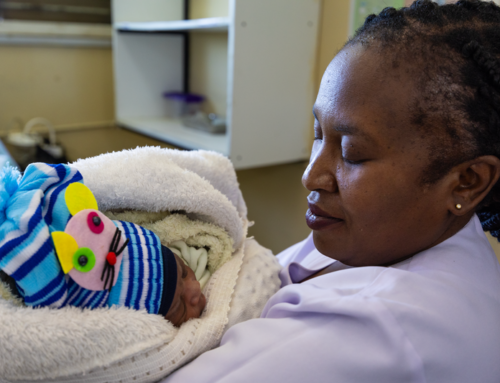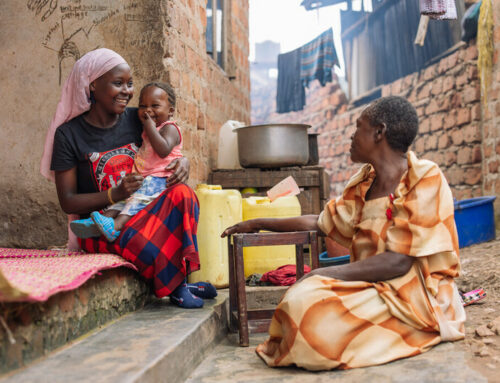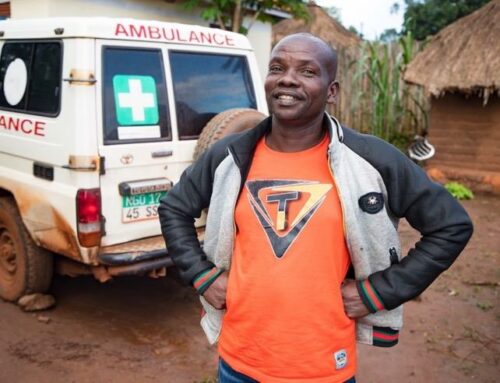Bringing reproductive health education to youth in Malawi
In Malawi, 29% of girls between the ages of 15-19 have already had children. Teen pregnancies bring huge social and economic costs to both the teen parents and their children. It often leads to dropping out of school, which further limits the opportunities of the teen parents, bringing them further into poverty.
In Malawi, we are preventing teenage pregnancies as well as child marriage through a program called Stand Up for Adolescents that provides essential reproductive health services and education for youth through Youth Clubs – gatherings away from adults where youth can openly and comfortably discuss these issues. Thokozani, 19, is a volunteer with the program and has seen the impact that teen pregnancies have had on her friends.
“One by one, all my friends stopped school because they became pregnant,” says Thokozani, who recently became a volunteer. “I want to save as many girls as possible from teenage pregnancies and child marriages, precisely because I have seen with my own friends what kind of miserable life they ended up in,” says the 19-year-old. She explains that it is common for the father in a teen pregnancy to run away, leaving the girl with the baby, but without education, a job or money to support the child.
“They end up in deep poverty because of this,” says Thokozani who adds that no fewer than thirteen girls in her class dropped out of primary school early; six of those girls were pregnant.
Thokozani says she learned a lot when she joined the Youth Club in her community. “I learned to stand up for myself and say no to boys who are just trying to sleep with me,” the girl says. The Youth Club discusses both reproductive health and general health. The Youth Club has worked as a bridge for the youth to also seek out regular health services, in addition to reproductive health services, at the nearby clinics. “If young people in the Youth Club talk about their health problems and receive information on how they can get help in the clinic, more youth will go to the clinics.”
As a volunteer, Thokozani educates boys and girls in her community about the risks of unprotected sex, teenage pregnancies, and how to prevent STDs and pregnancies with the use of contraceptives. “Because I am more of their age and from the same community, they are more likely to receive this kind of information from me, than from older health workers,” she says.
Another problem is that many parents never talk to their children about sex and contraceptives. “That is why we are now doing this in the Youth Club.” Unfortunately, some parents also refuse to let their children go to the Youth Club because they are afraid that sex is being promoted.
“That’s why we want to talk to parents and the village chief to better explain what the Youth Club is doing and to tell them about the risks of child marriage and teenage pregnancy.”




